How to Boost Your Credit Score With Regular Monitoring
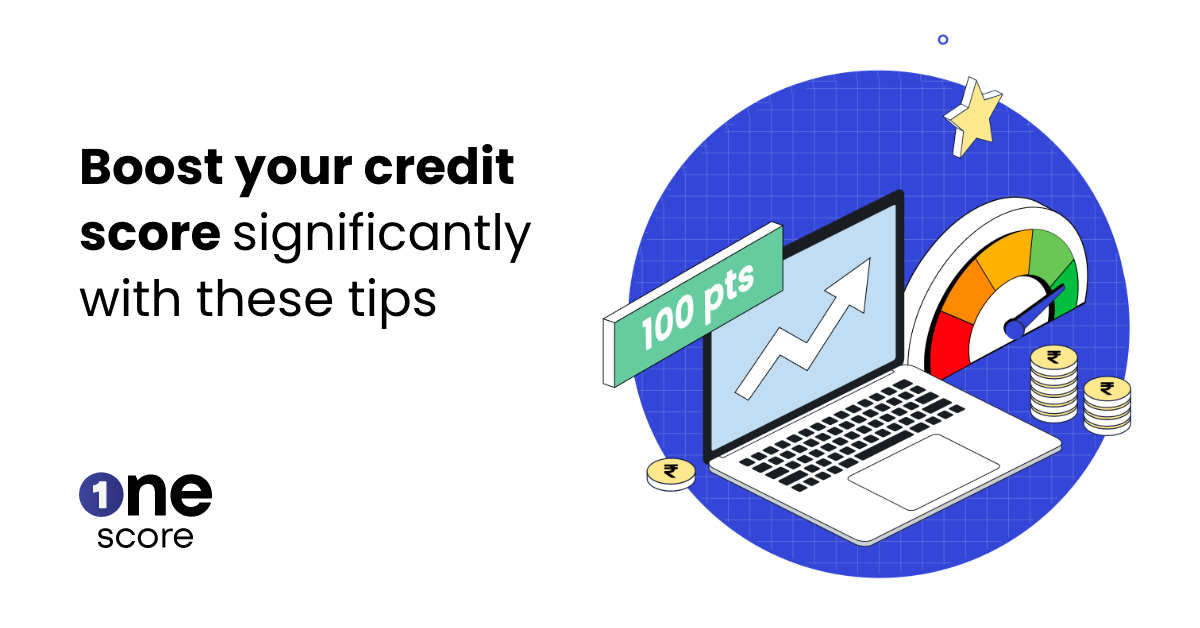
Dreaming of a better financial future for tomorrow? One of the fundamental steps on this journey is maintaining a high credit score. A credit score of 750 or above can open the doors to favourable loan terms, lower interest rates, and better financial opportunities. Regular monitoring of your cibil report can boost your credit score significantly, but many people are unaware of the simple tools that can help them achieve it.
Let us start by understanding how your credit score can impact your CIBIL report:
Why You Should Review Your Own Credit Report
Keeping a close eye on your credit score provides you with valuable insights into your financial health, helps you catch and correct errors, and motivates you to make positive changes that can ultimately lead to a high credit score.
1. Detecting Errors and Inaccuracies
Reviewing your credit report allows you to identify any errors, such as incorrect personal information or unauthorised accounts, that can negatively impact your credit score.
2. Monitor Credit Health
Regularly checking your CIBIL report online helps you stay informed about your credit health, including your credit utilisation, payment history, and account balances.
3. Identify Irregular Activity
By reviewing your credit report, you can spot any signs of identity theft or fraudulent accounts opened in your name, allowing you to take immediate action to protect yourself.
4. Assess Creditworthiness
Understanding your credit report gives you insights into how lenders perceive your creditworthiness. It helps you identify areas for improvement and take steps to strengthen your credit profile.
5. Prepare for Financial Decisions
Before applying for a loan or credit card, reviewing your credit report helps you assess your eligibility and negotiate better terms based on your credit standing.
6. Free CIBIL Report Online
Checking your CIBIL report online through a reliable source, such as OneScore, allows you to access your credit information conveniently and for free.
7. Stay Proactive
Regularly reviewing your credit report enables you to take a proactive approach to managing your credit, ensuring accuracy, and safeguarding your financial well-being.
What Is Included in Your Credit Report?
A credit report is a detailed record of your credit history and financial behavior. Based on data provided by creditors and lenders, credit bureaus like Cibil compile it. Knowing what is included in your credit report can help you take the right steps to improve your credit score.
1. Personal Information
When you check your CIBIL report, ensure it includes personal details such as your name, address, date of birth, and contact information. Ensure that this information is accurate and up-to-date.
2. Credit Accounts
It provides a comprehensive list of your credit accounts, including credit cards, loans, and other lines of credit. It includes details about the account type, credit limit, outstanding balance, and payment history.
3. Payment History
Your online CIBIL or Experian report also reflects your payment history for each credit account, showcasing whether you have made payments on time or if there have been any late or missed payments.
4. Credit Inquiries
It records inquiries made by lenders when you apply for credit. Frequent inquiries within a short period of time may impact your credit score.
5. Credit Score
Your credit score plays a crucial role in determining your creditworthiness. A higher credit score reflects a healthier credit profile.
To understand your financial standing and assess your creditworthiness, it’s essential to check your credit report regularly.
Important Things You Should Check In Your Credit Report
Here are a few things in your credit report to take note of.
1. Personal Information
Make sure your name, address, and phone number are true and current.
2. Analyse your credit accounts
Review your credit accounts to be sure they are yours and that the information they contain about your credit limits, sums due, and payment history is true.
3. Check your repayment history
Checking your repayment history is important to see whether it accurately shows your on-time payments and to find out if there have been any missed or late payments that could be affecting your credit score.
4. Checking your credit
Check your credit report for any unauthorised or strange enquiries, as these could be signs of fraud or identity theft.
5. Credit Score
Although it’s not specifically included in the credit report, your credit score is an important consideration for lenders.
6. Identify any errors
Look out for any discrepancies, errors, or inaccuracies in your credit report and take the required actions to have them corrected.
Additional Reads: Does Checking Your CIBIL Score Regularly Reduce It?
Get a Free Report from OneScore
With the OneScore App, accessing your free CIBIL report becomes super easy. You can get personalized insights into your credit health right at your fingertips.
OneScore provides you with a comprehensive view of your credit profile, including your payment history, credit accounts, and any discrepancies that could be impacting your score. By taking advantage of a free CIBIL report each month, you can identify areas for improvement, rectify errors, and embark on a journey towards a stronger credit foundation. Download the OneScore app today and equip yourself with the knowledge you need to make better financial decisions.
Frequently Asked Questions
-
What should you look for when reviewing your credit report?
When reviewing your credit report, look for errors, inaccuracies, fraudulent accounts, missed payments, and overall credit health.
-
When can you review your credit report?
You can review your credit report at any time. It’s advisable to check it regularly, at least once a year, to stay informed about your credit status.
-
What is the credit review process?
The credit review process involves examining your credit report, analysing your credit history, evaluating your creditworthiness, and assessing potential risks for lenders.
-
What are the reasons to check your credit report?
It’s important to keep a tab on your credit score as it helps you detect identity theft, monitor your credit health, identify errors, ensure accuracy, and prepare for major financial decisions like applying for a loan.
-
Does it cost money to review your credit report?
With apps like OneScore, you can check your credit report for free. It also offers you personalised insights to improve your credit score gradually and secure better credit products.
**Disclaimer: The information provided on this webpage does not, and is not intended to, constitute any kind of advice; instead, all the information available here is for general informational purposes only. FPL Consumer Services Private Limited and the author shall not be responsible for any direct/indirect/damages/loss incurred by the reader in making any decision based on the contents and information. Please consult your advisor before making any decision.
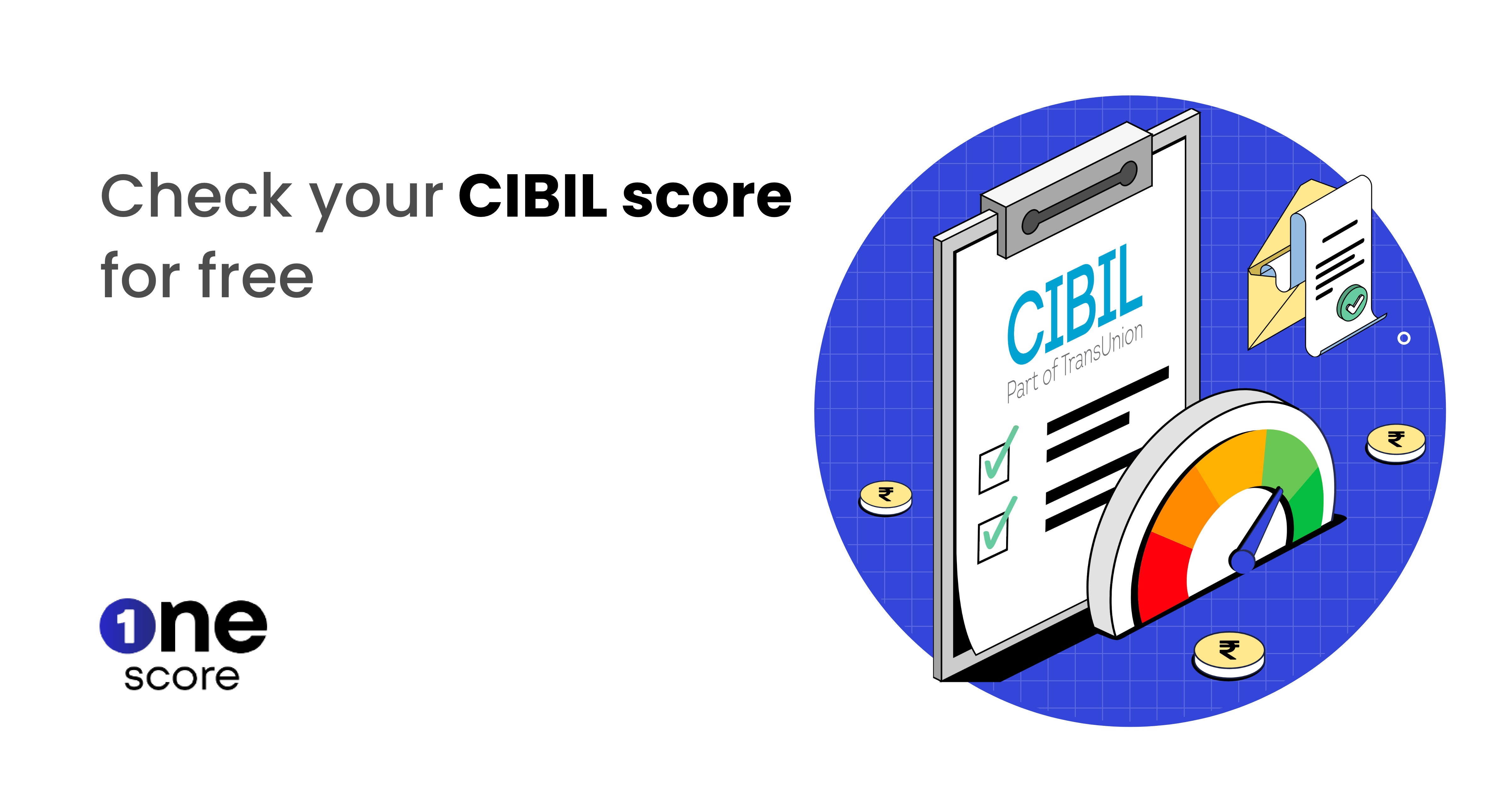
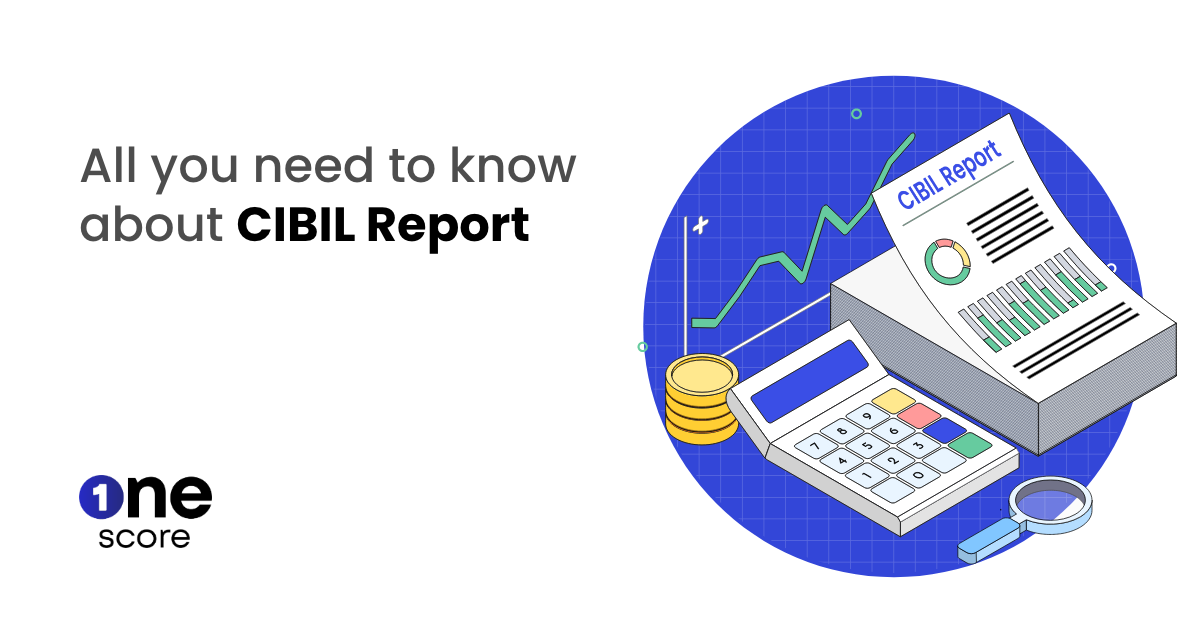
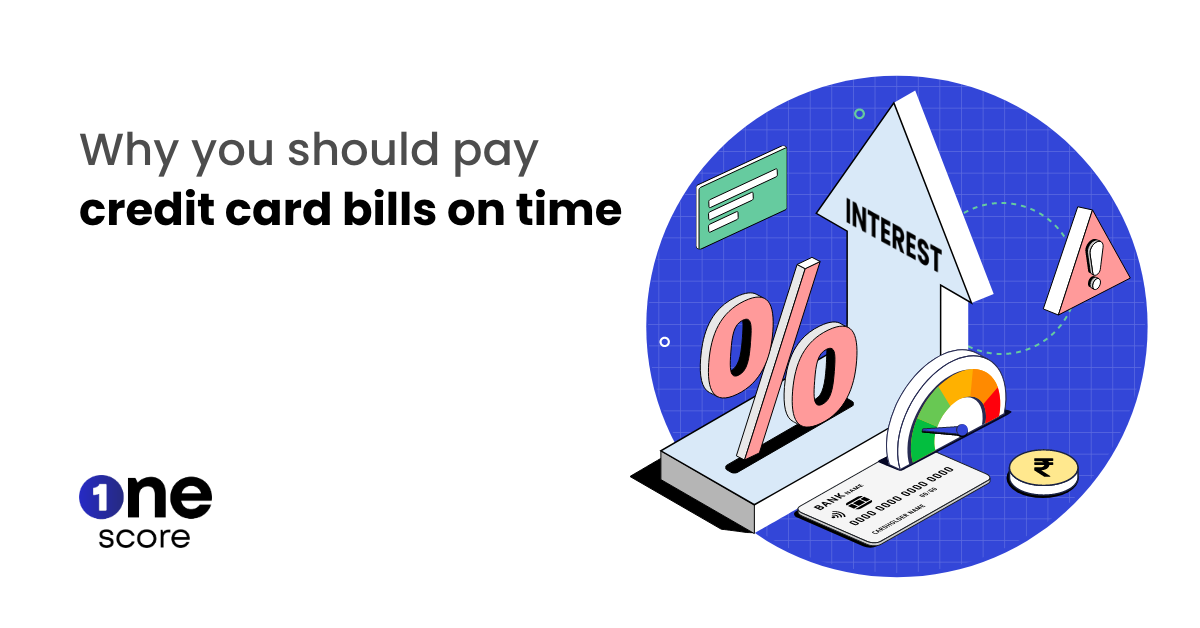
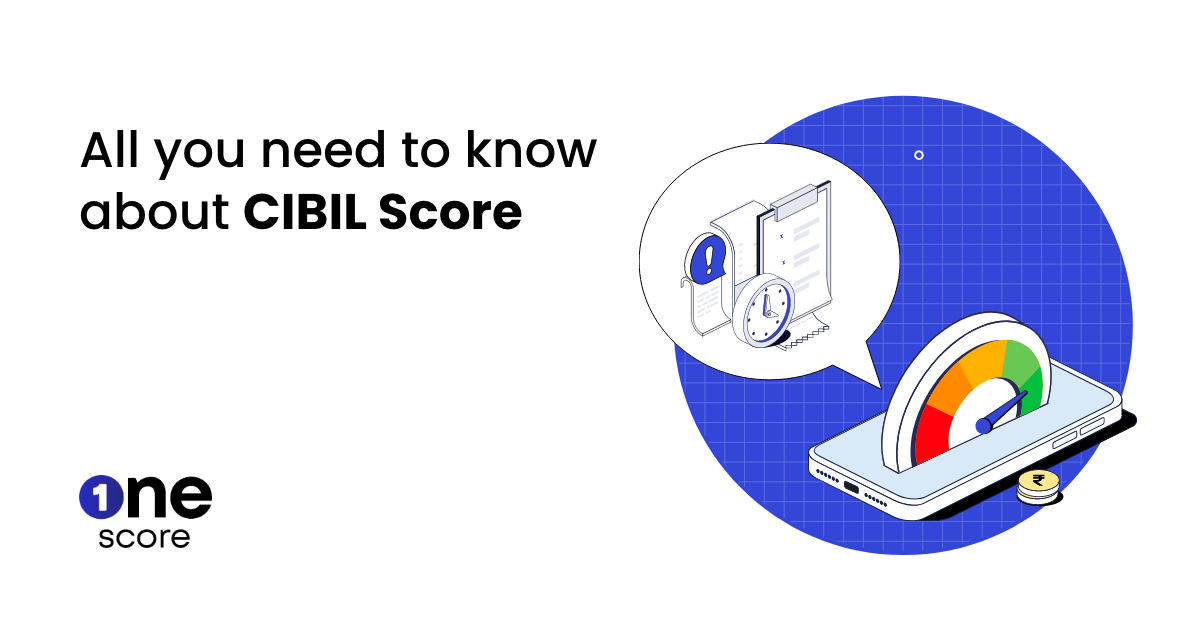
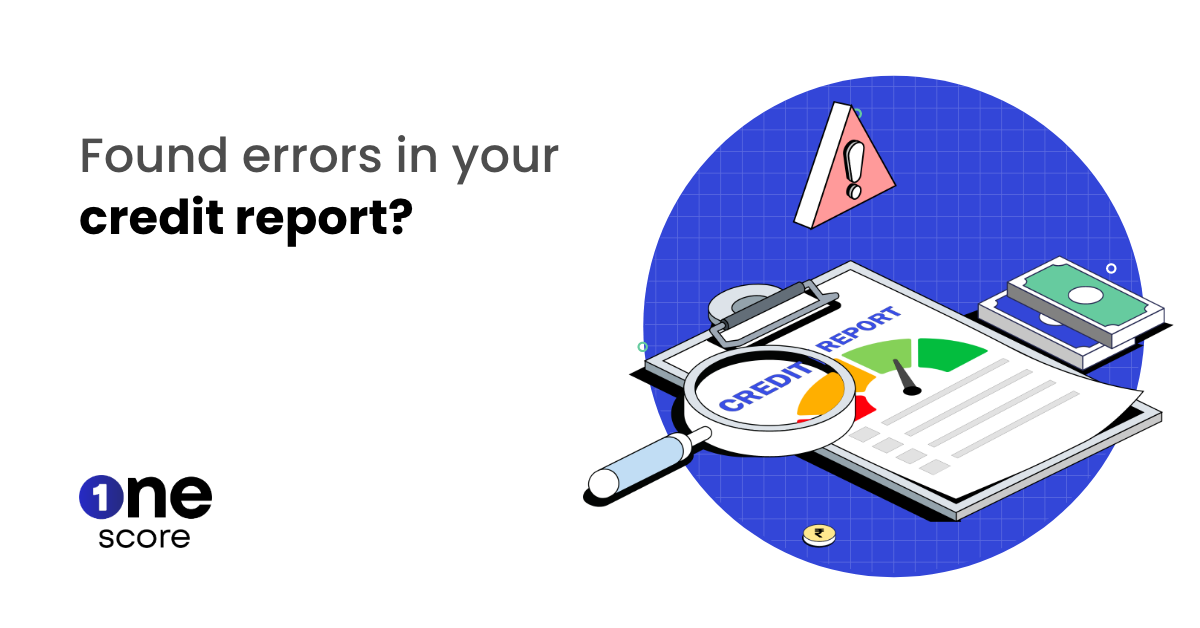
How to Report an Error on your Credit Report: A Step-by-Step Guide
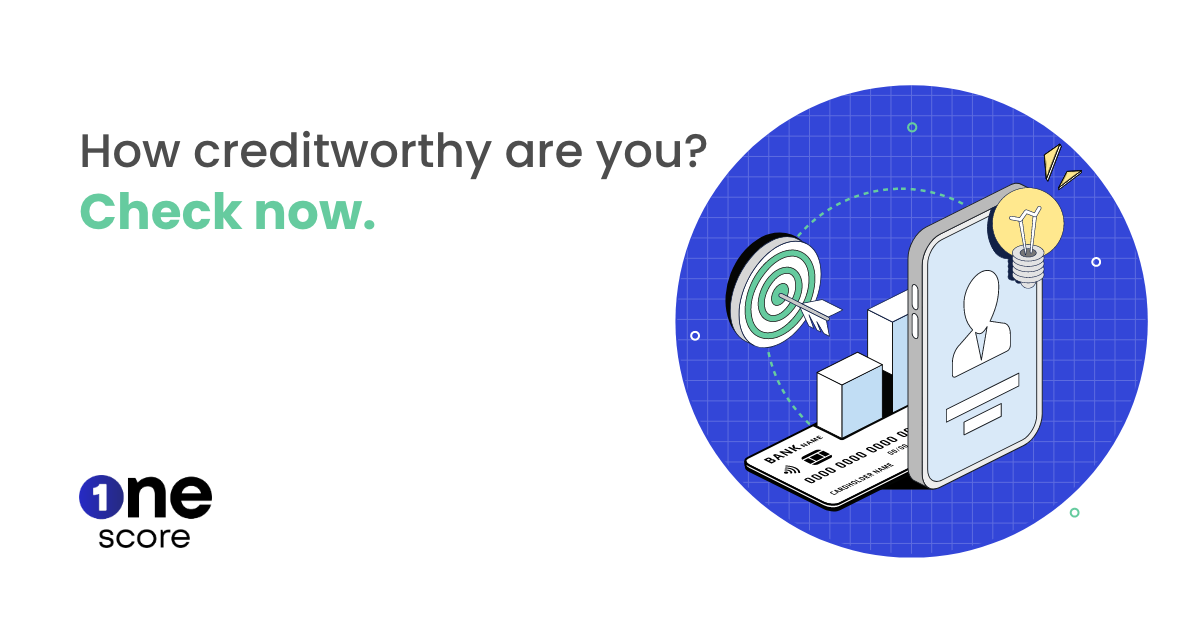
- OneScore , January 10, 2024

